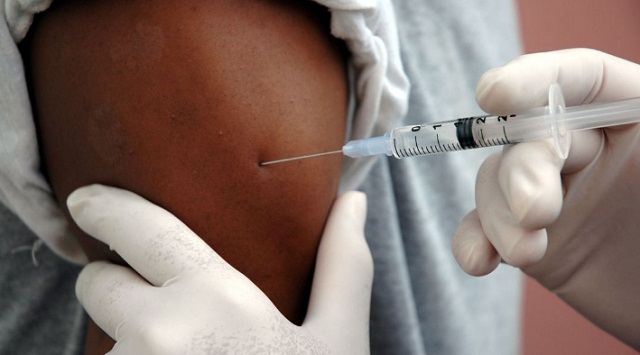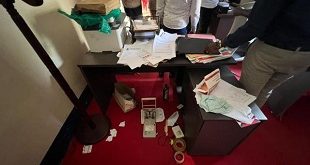
Kampala, Uganda | THE INDEPENDENT | The National Drug Authority-NDA has given Cipla’s Hepatitis B drug Texavir the green light saying that it is safe for human consumption.
This comes after Cipla Quality Chemical Industries, issued a voluntary recall in July after it was discovered that the packaging for medicine under batch number QK 70373 was faulty, changing the chemical composition of the drug.
According to NDA results of tests carried out on the drug show that the faulty sealing didnot affect the drug or its efficacy.
Brian Sekayombya, the Principal Regulatory Officer in charge of medicines at NDA says investigations carried out by both Cipla and the authority has discovered that the drug is safe for consumption.
It was discovered that one of the constituents of the drug referred to as an impurity was out of range. Instead of having a chemical presence of 0.1 percent, due to false packaging it stood at 0.3 percent.
Sekayombya adds that the found quantities of the impurity are not a threat. However, if they had reached 0.5 percent users of Texavir would have been exposed to side effects.
CIPLA Executive Director Nevin Bradford says that the problem change in range of the drug was due to faulty packaging.
“At the time that the drug left our company, it was okay but due to faulty packaging it begun the sealing was not as strong as it should have been in the first place,” Bradford says.
Despite this, Bradford says the medicine manufacturer will replace all affected medicine next week.
“We have already been able to recall 20-30,000 packs and we will hopefully have replacements for these drugs next week at no extra cost. So we expect the NDA and other retailers will have new drugs then.”
A total of 29,311 doses were manufactured under the affected batch. So far, only 12,313 doses have been recovered from the market. Sekayombya believes the remaining doses have either already been or are being consumed. Each dose is consumed for 30 days.
The affected batch was manufactured in January 2017. It’s expected to expire in January 2020.
Kenneth Kabagambe, the Executive Director of the National Organisation for People Living with Hepatitis B-NOPHLB says that persons living with Hepatitis B should not be worried about the recall.
“We have not heard any complaints from any of our members. We have met with Cipla and have been told everything is under control. A replacement of the affected drug is expected in the country next week for India.”
The anomaly in sealing the drug was discovered during a regular complacency test. The drug had previouslyundergone 29 tests of the same nature.
The recall comes more than a year after false Hep B vaccines were reported to be on the market.
Sekayombya says that the two incidents are different and as such, there is no cause for worry regarding to the quality of Hep B treatment and prevention.
For a drug to be recalled there should be verified reports of serious adverse reactions not stated in the package insert. A recall can also be made when a high number of people report to experience a known side effect of a drug. In other cases, take place after a regulatory body discovers that a drug has incorrect user information like labelling and formulation.
According to data from the ministry of health, it is estimated that 3.5 million Ugandans are living with chronic hepatitis B infection.
*****
URN
 The Independent Uganda: You get the Truth we Pay the Price
The Independent Uganda: You get the Truth we Pay the Price


